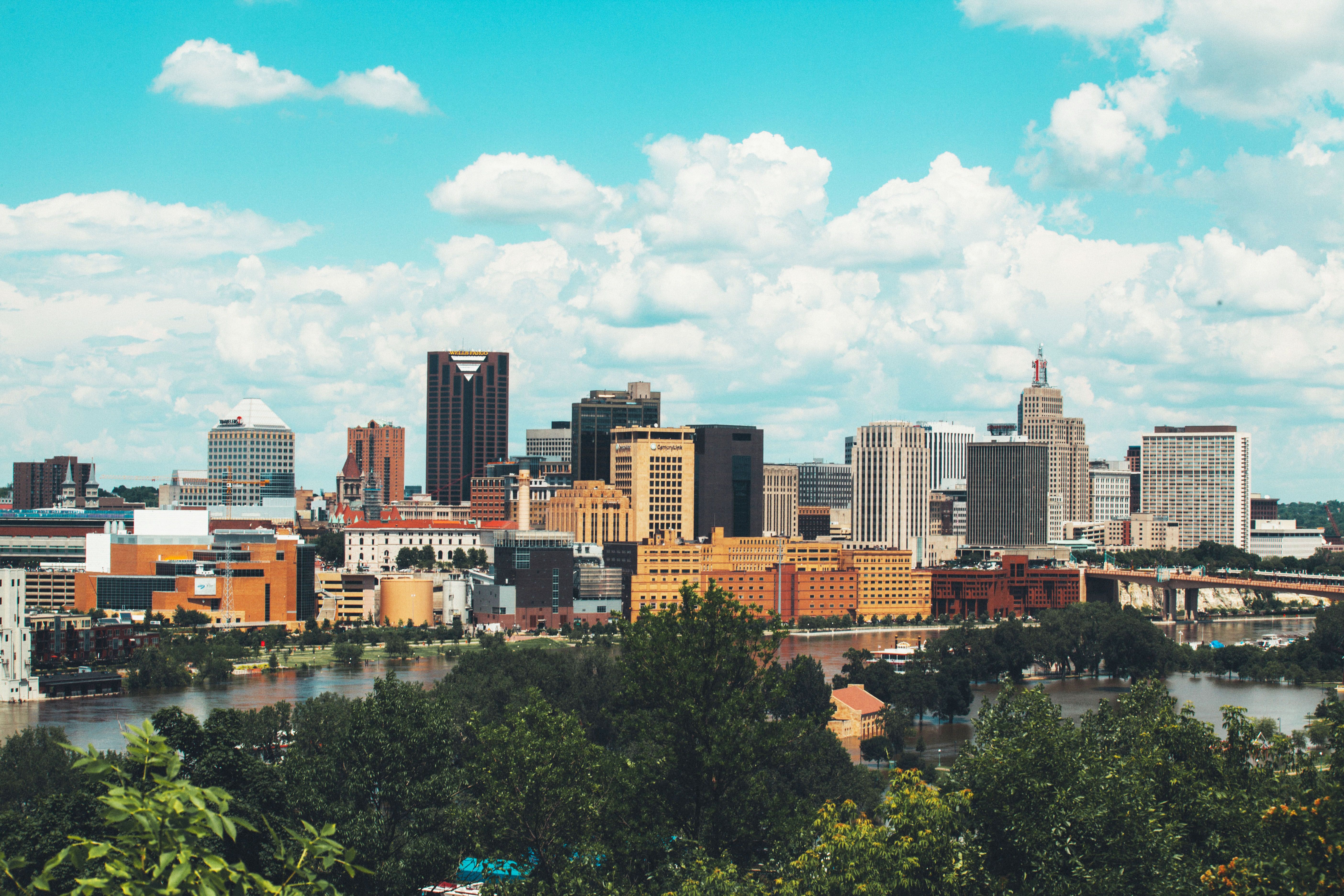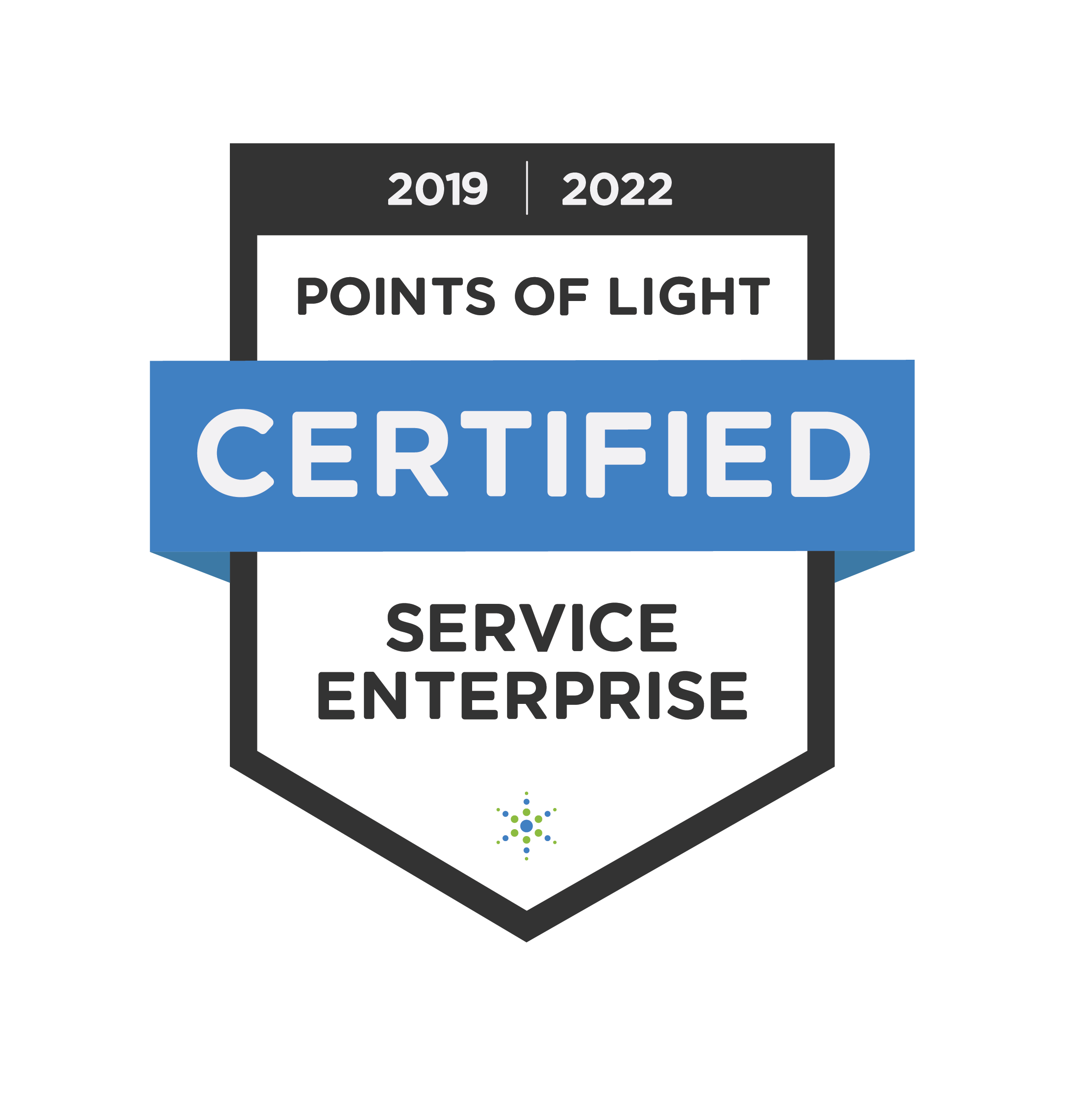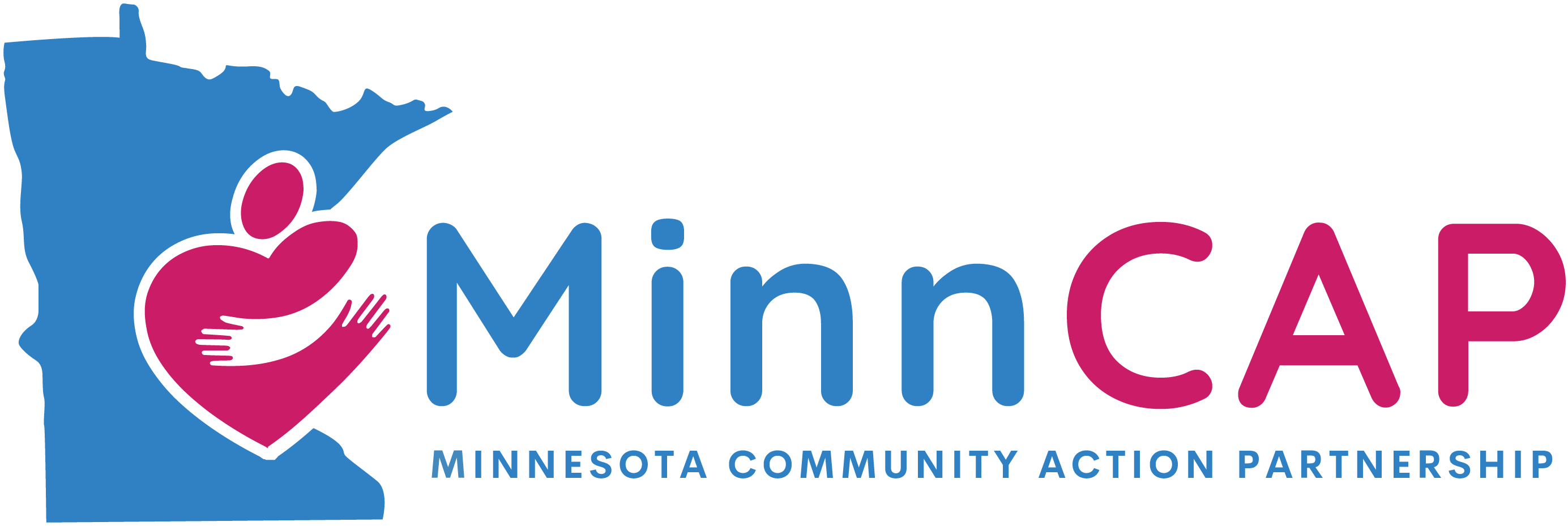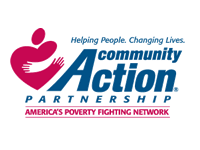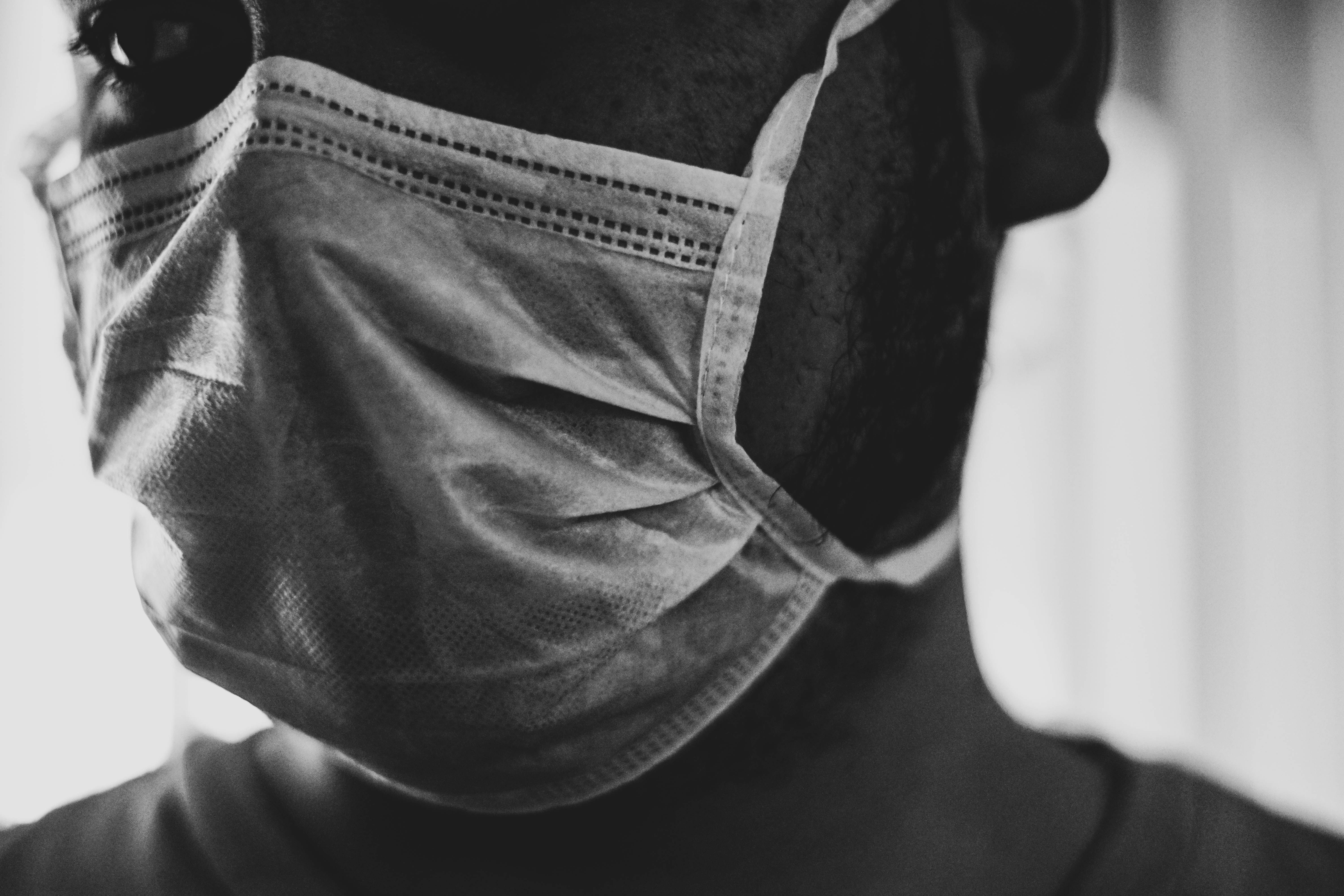
Community Action’s “Working Together” as well as our former blog “The Anti-Poverty Soldier,” have long addressed the social, economic, and health-related inequities that exist both here in Minnesota and nationwide and how they disparately impact the well-being of BIPOC (Black, Indigenous, and People of Color) communities. And, as numerous studies and reports have recently demonstrated, the coronavirus pandemic has only exacerbated these disparities, unfortunately underscored by the increased risk of severe illness and mortality in populations of color, particularly African Americans.
Interestingly enough, however, a new study published by the National Academy of Sciences and authored by University of Minnesota demographer Elizabeth Wrigley-Field suggests that racial inequality in the United States “may be as deadly as COVID-19.” For example, Wrigley-Field’s analysis, which focused on US mortality rates over the last 120 years, reveals that the highest ever life expectancy levels for African Americans was recorded in 2014. Nevertheless, the comparable level for white Americans was achieved in the 1980s, leading Wrigley-Field to proclaim in an interview with NPR’s Maria Godoy that “It’s as though Black Americans have just missed out on the last three decades of [life expectancy] progress.” She adds that although:
“We don’t know what the ultimately scale of COVID-19 deaths is going to be…what we can say is that white deaths to COVID would have to increase from what they are right now by a factor of more than five to make white death rates this year look like the best that Black death rates have ever been.”
Among the reasons that Black Americans and other people of color are at increased risk of exposure and dying from COVID-19 at rates nearly 2½ times that of whites is due to their disproportionate representation in employment sectors that don’t enable them the luxury to work remotely during the pandemic. Still, as Wrigley-Field’s (and scores of others) report confirms to no surprise, is that the disparate susceptibility to the coronavirus is mostly the result of long-standing inequities in healthcare, underlying medical conditions, and systemic discrimination through multitude of housing, employment, social, and economic policies and practices. Or, as health equity expert Utibe Essien states, “I think it's important to appreciate that the pandemic didn't start something new, but that these disparities really, unfortunately, have been seen for decades, if not centuries.”
In spite of all of this, Wrigley-Field is hopeful that this moment result in a sea change that reformulates and help to revitalize discourse on how to better redress and remedy structural racism and the inequality that it has long wrought, declaring:
"To me, this really changes the question about how we think about, 'What are we willing to do to stop these deaths?' Because we know what we're willing to do to stop deaths from COVID. We're basically willing to change every aspect of how we live, how we work, how we do our family lives, whether we travel, whether schools are in session. Absolutely everything is on the table.”



